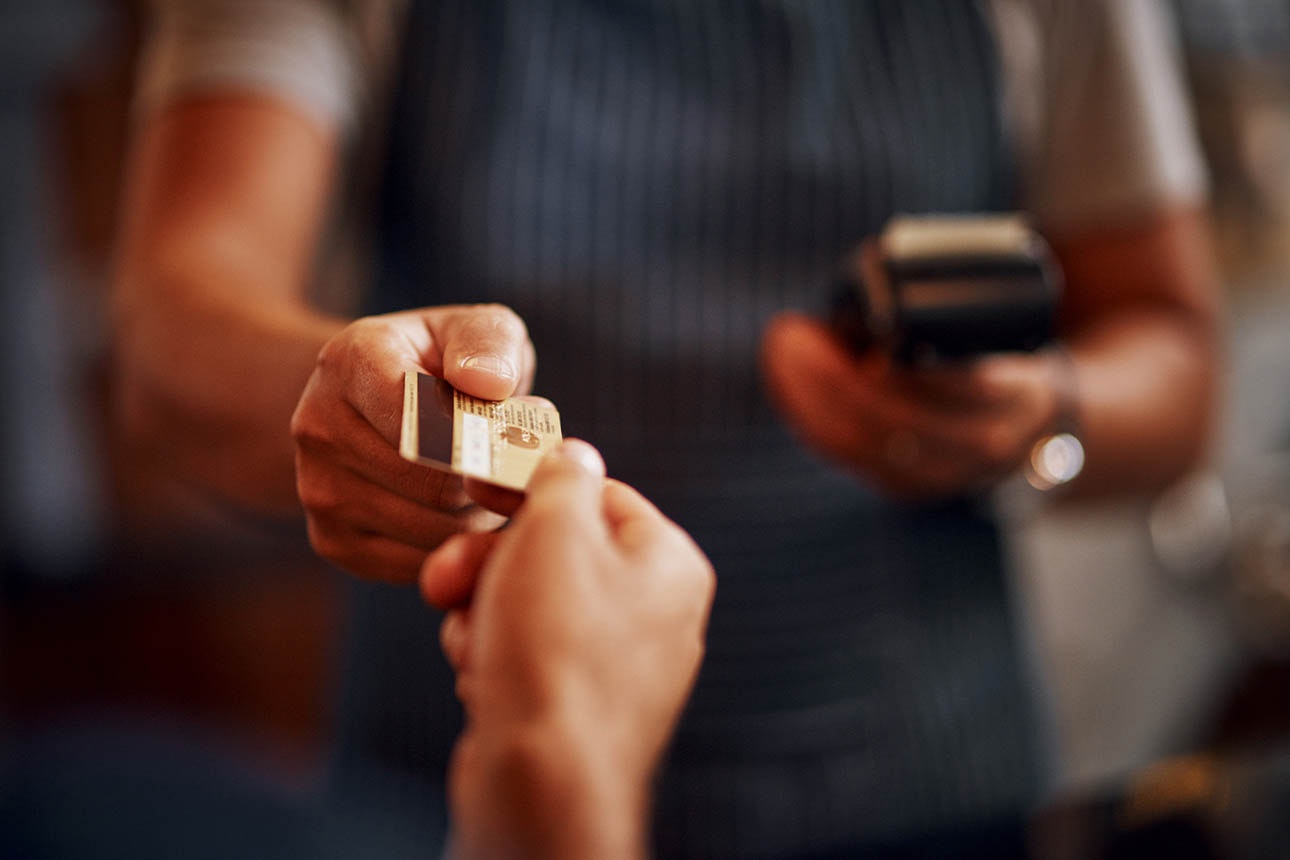
By Rebecca Styles
Research Lead | Hautū Rangahau
Have you booked an event that's been postponed or cancelled? Do the seats not live up to expectations? Find out your rights for ticket refunds and compensation.

Your rights if an event is cancelled or postponed
The date of the event has changed
You’re entitled to a refund if an event date gets changed and it doesn't suit you. The only exception would be if you bought tickets knowing an event date might change, and the ticket agent made this potential postponement clear upon booking.
Under the Consumer Guarantees Act, businesses must provide services with reasonable care and skill. If the date change was a result of the ticket seller’s failure to exercise reasonable care and skill, you may be entitled to compensation for lost travel or accommodation costs.
The event has been cancelled
If the whole show is cancelled, and you bought a ticket directly via the ticketing agent (not a reseller) you should get a refund. Check the event website for updates or call the ticket agent (for example, Ticketek or Ticketmaster) directly.
Refunds will normally be made to the credit or debit card you used to purchase the tickets. If your card details have changed, you’ll need to provide the ticket agent with your updated details. You may be able to do this via its website.
You might be entitled to compensation for other reasonably foreseeable costs, like travel or accommodation if the cancellation resulted from the ticket seller’s failure to exercise reasonable care and skill.
My ticket agent won't give me a refund
In the summer of 2024 and 2025, there was a spate of event cancellations. Refunds were promised to concert goers, but the promoter subsequently went into liquidation, leaving consumers out of pocket. If the concert or festival you booked has been cancelled, the refund is taking too long and you paid using a credit or debit card, you can apply to your bank for a chargeback within 120 days of the transaction. However, this can vary depending on the nature of the dispute. It’s best to apply for it as soon as you can.
You can also lodge a claim with the Disputes Tribunal and lay a complaint with the Commerce Commission.
I bought my ticket from a private seller. Can I get a refund?
If you purchased a ticket from a private seller rather than an official ticket agent, it might be trickier to get a refund. Ticket agents may have terms and conditions stating that if they know a ticket has been resold, they won't honour it. If an event is cancelled, the ticket agent is only obliged to refund the original purchaser. If you have the details of the original ticket holder, you could ask them for a refund.
I bought my ticket from a ticket resale site, such as Viagogo. Can I get a refund?
Ask the resale site for a refund. If it refuses, you may be able to get a chargeback (a refund to your credit or debit card).
Are there different ticket rules for charity events?
No, your rights remain the same whether an event is run by a commercial company or charity. If a small group runs a charity fundraiser or event and you want to offer support, you could consider donating the money you spent on your ticket rather than seeking a refund.
I booked flights and accommodation to attend an event that's no longer happening. What should I do?
Whether you’re entitled to compensation will depend on the ticket seller’s liability under the CGA. If they’ve breached one of the guarantees, you may be entitled to claim for any reasonably foreseeable consequential losses. If not, a seller probably isn’t required to compensate you for other costs like accommodation or airfares. Try contacting the hotel or airline directly about a credit or refund.
Your rights if an event isn’t as advertised
My seat was double booked
If the ticket seller has double booked your seat and can’t offer you a suitable alternative, you’re entitled to a refund and compensation for any reasonably foreseeable consequential losses, such as parking at the venue.
If the venue offers, and you accept, a seat that costs less than what you paid, you’re entitled to a refund of the price difference.
The venue wouldn't let me in
If you’re refused entry but have a valid ticket, have abided by the rules and have given no indication you might cause trouble, you’re entitled to a refund and compensation for any reasonably foreseeable consequential losses.
The headline act of the show has changed - what are my rights?
If a headline act advertised for the event drops out and the concert no longer appeals to you, you’re entitled to a refund.
The "A Reserve" seats didn’t live up to their name
If you find yourself in this situation, complain immediately. You may be able to be reseated.
Ticket agents must carry out their services with reasonable care and skill.
If not, ask for a refund. Some venues can arrange this on the spot. Otherwise, contact the ticket office and, if necessary, put your complaint in writing. If neither the ticketing agent nor the promoter is forthcoming with compensation, take your case to the Disputes Tribunal.
The definition of an "A Reserve" seat can leave a lot to be desired. Promoters may hold back seats between "A Reserve" and "B Reserve". If booking numbers are good, they’ll then sell them at "A Reserve" price. If not, they’ll be released for sale at the "B Reserve" price.
In our view, each grade of seating should be superior to those cheaper than it. You should be able to see and hear the entire show well from an "A Reserve" seat.
Before you buy "B Reserve" or "C Reserve" seats, ask what you’ll be able to see. Ask for compensation if you can't see as much of the event as you were told.
Something important to remember – a ticket is a contract between you and the ticket seller. However, the seller has to clearly display or notify you of the terms and conditions attached to the ticket before you buy it.
A seller can't rely on terms and conditions that are only printed on the ticket, unless you were given a reasonable chance to read them beforehand.

We know your rights
Got a problem with a faulty product, received shoddy service or been misled by a retailer? Our expert advisers can provide clear, practical advice that you can trust.


